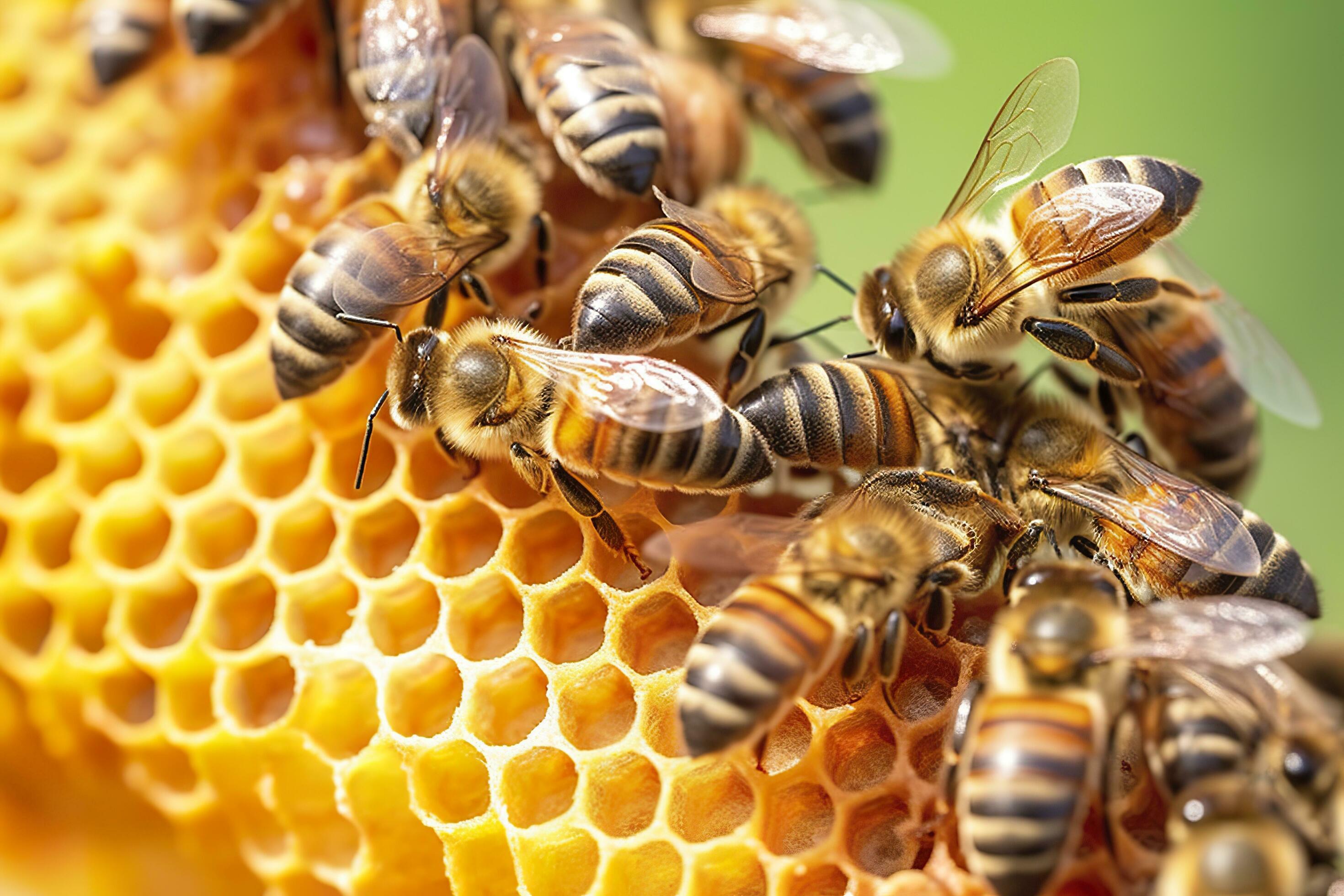
Beirut, Lebanon (Enmaeya News) — Bees are essential to global food security and biodiversity. They pollinate approximately 35% of the world’s food crops, including fruits, vegetables, and nuts, making them indispensable to agriculture and nutrition. Without them, many of the foods we rely on would become scarce or disappear entirely.
However, bee populations are in decline due to several factors. Pesticide use, particularly neonicotinoids, has been shown to harm bee colonies. Habitat loss from urbanization and agricultural expansion reduces the availability of food and nesting sites for bees.
Climate change also affects bee behavior and distribution, disrupting their foraging patterns and reducing their effectiveness as pollinators.
The decline of bee populations poses a significant threat to ecosystems and human health. Pollinators are responsible for the reproduction of many plants, including those that provide food and habitat for other wildlife.
Without bees, the stability of ecosystems would be compromised, leading to a loss of biodiversity and the collapse of food chains.
To protect bees and ensure a sustainable future, individuals and communities can take action. Planting native, nectar-rich flowers provide bees with food sources.
Avoiding the use of harmful pesticides and supporting sustainable farming practices help create safer environments for pollinators. Supporting policies that protect bee habitats and promote biodiversity conservation is also crucial.
In conclusion, bees are vital to our survival and the health of our planet. By taking steps to protect them, we safeguard our food sources, ecosystems, and future generations.





